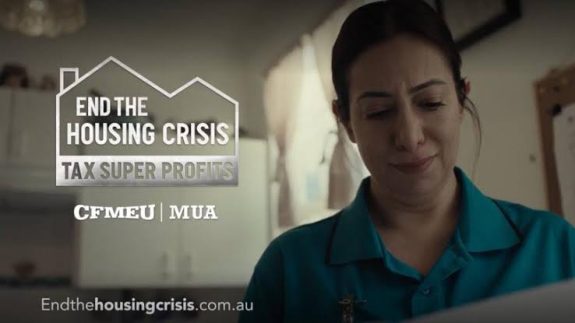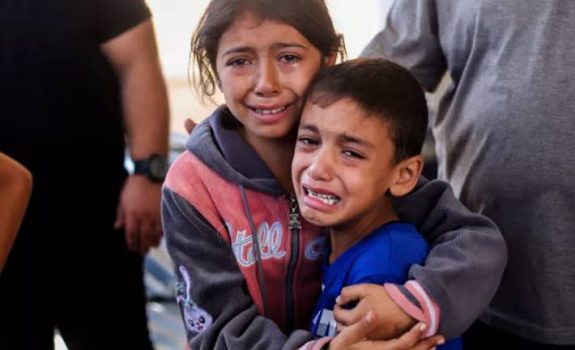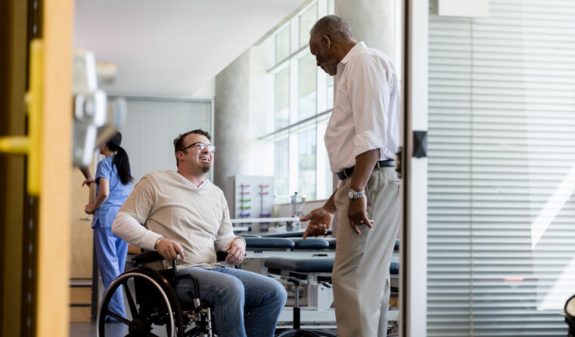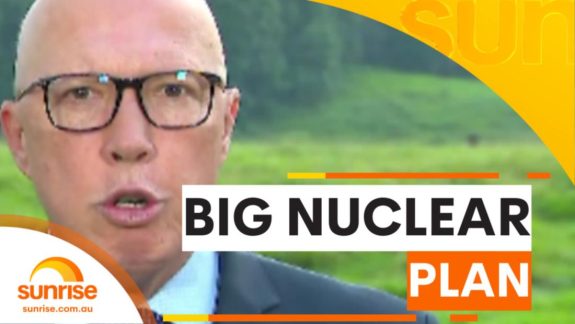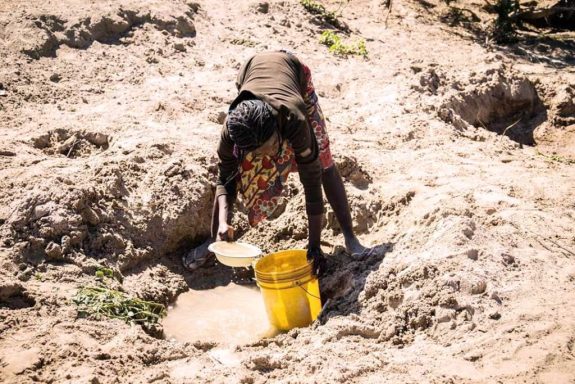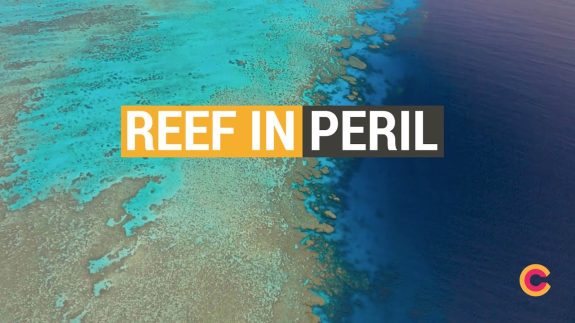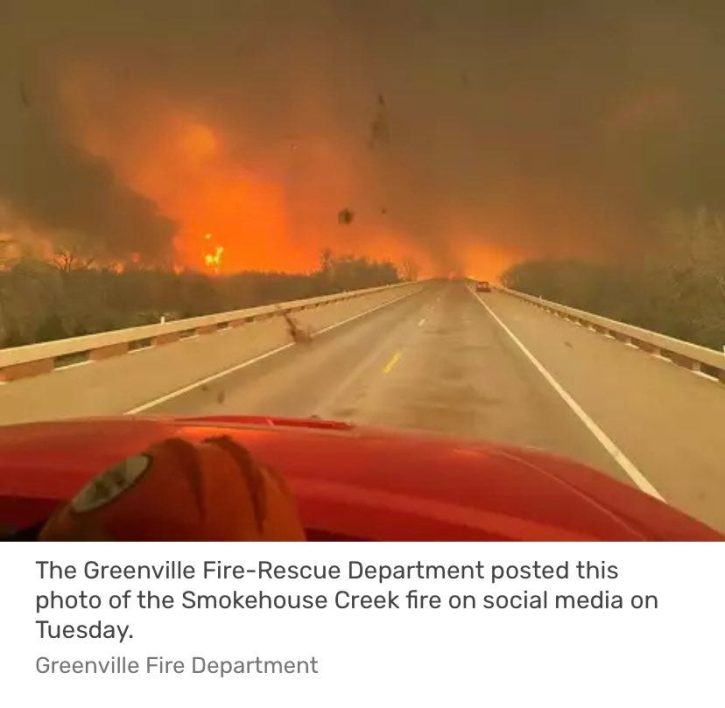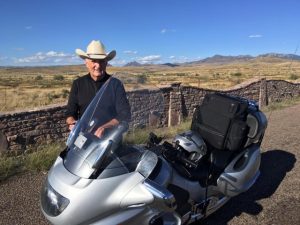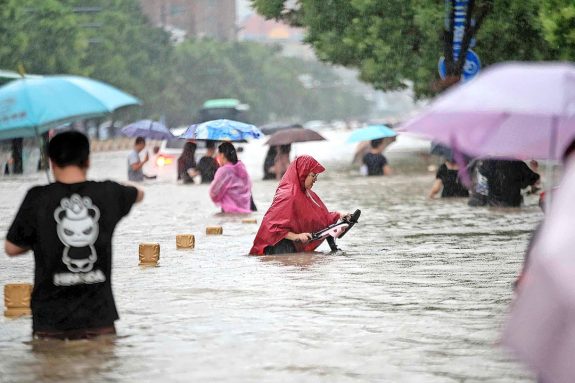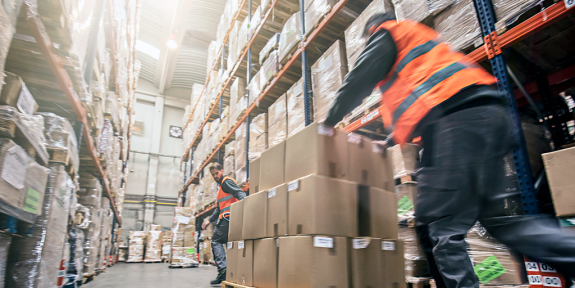By Bert Hetebry
Cultures evolve, the lives we live today are different than the lives we used to live, very little remains of what used to be, but some people wish for the good old days, when we knew what was what… except of course that is illusionary.
So what is culture?
A quick Google search comes up with this definition from the Oxford Dictionary:
1. The arts and other manifestations of human intellectual achievement regarded collectively. “20th century popular culture.”
2. The ideas, customs and social behaviour of a particular people or society. “African-Caribbean culture.”
Culture is not fixed, but constantly changes, evolves, as communities and society change, evolve.
Last weekend Sydney hosted the Gay and Lesbian Mardi Gras which started as a small group of protestors formed to contribute to the international gay celebrations in 1978. The protests continued and more and more people were arrested but by April 1979 the NSW parliament repealed the legislation which allowed the arrests. About 3,000 people marched in an incident free parade in 1979, the first officially sanctioned Mardi Gras.
In 1972 a gay academic, George Duncan was murdered, the crime was thought to have been committed by undercover police but sparked calls for reform leading to a 1975 Act in the Federal Parliament making homosexual acts between consenting adults legal.
It took more than a decade, but eventually all states followed the Federal lead.
Interestingly, the crime homosexual men were charged with was ‘buggery’. There was no law to prohibit lesbians engaging in consensual sex.
Forty-two years later a plebiscite was held which overwhelmingly determined than gay and lesbian couples could legally marry, affording those couples the legal security that marriage affords.
The gossip pages of the 1960s and into the 70s included the law courts reports in the daily newspapers. Divorces were subjected to open court hearings where a ‘matrimonial offence’ needed to be proved for a divorce to be granted. Matrimonial offences included domestic violence and adultery, so the salacious details of martial shenanigans were headlined in the daily press.
Australia was not the only jurisdiction to have a ‘fault’ based divorce system, it was common throughout the world. The Irish actor Richard Harris was accused of adultery with a named person in 1969. He pleaded innocent to that charge, claiming he had not been adulterous with the named lady, but reputedly offered the court a list, several pages long of people he had engaged with adulterously.
Christian Nationalist in the USA want to return to a fault-based divorce where adultery or domestic violence needs to be proven before a divorce cab be granted.
Literature which featured adultery or other acts of questionable morality were banned up to the 1970s, including Ulysses by James Joyce, Lady Chatterly’s Lover by D H Lawrence and Philip Roth’s Portnoy’s Complaint.
Movies too have been in the censor’s sights since as early as 1912 where the concern was about the effects of such films on female audiences. Included were All Quiet on the Western Front, and films about bush ranging. The Blonde Captive from 1931 was banned being seen as prejudicial to Aboriginal Australians. Many films depicting sexual violence and child sexual abuse continue to be banned, but the creation of an R rating made many previously banned films available since the 1990s.
The music played on radio has for years been subjected to censor oversight. The song ‘Greased Lightening’ had the line ‘it ain’t no shit’ cut from radio airplay, but from the same film the Italian curse ‘fongool’ (tamest translation is Fuck You, a less tame translation refers to an annal version of Fuck You) from Look at me I’m Sandra Dee was somehow not as offensive. Van Morrison’s Brown Eyed Girl was changed from Brown Skinned Girl. Loretta Lynn’s 1975 song The Pill was condemned for daring to discuss birth control. John Lennon’s Imagine was hated by religious groups for daring to imagine there is no heaven, The Stones’ Satisfaction was far too sexual for tender ears to hear, but 40 years after its initial release was OK to perform at the SuperBowl half time show in 2006 to rapturous applause. Lucy in the Sky with Diamonds is a drug anthem isn’t it?, so air play was banned on the BBC.
Abortions in the 1960s were illegal but available, the criminal sanctions which, dependent on the state or territory included life imprisonment. While abortion was common, before 1969:
“Women who had means could attend a skilled abortionist; otherwise they went to someone less skilled or tried to abort themselves.
The alternative was for the single young ladies to be sent away for a few months and return, without the child. A childless couple in our church had adopted a child born illegitimately. In fact the birth certificate was stamped with the designation “ILLEGITIMATE”. There were special places for such births to occur in, one was a place called NGALA, others were majestic looking buildings set in manicured gardens, monasteries, where the unfortunate young ladies were cared for until the birthing, and sent home, as though nothing had happened, the child taken away to be sent to an adopting couple.
Despite numerous attempts at decriminalising abortion, it was not until 1998 that abortion could be legally performed in Western Australia, the first jurisdiction to allow it, but with restrictions. In September 2023 abortion was fully decriminalised for terminations up to 23 weeks’ gestation and after 23 weeks with the agreement of the patient’s primary practitioner and another practitioner.
Abortion is now legal in all states and territories, but that right was hard fought and as seen in the debate in the West Australian Parliament in 2023, very much a contested right.
Aboriginal recognition and rights, women’s rights including equal pay for equal work are targets to wind back the clock. even as recently demonstrated in the preselection for the replacement candidate in the seat of Cook. In nomination for a safe seat, women are overlooked. A woman needs to work harder to win her seat and work harder to retain it.
Across the spectrum we can define as culture, in my lifetime we have seen many changes, I have listed some, but it seems that there are many seeking political power who would like to wind back the clock a few decades or more. This is particularly apparent in the Liberal Party where far-right candidates are endorsed, candidates who will use their religion, their faith as a political weapon, with an agenda to reverse the freedoms and rights which have been won in my short lifetime.
I do believe that if a candidate is a Christian and sees that their commitment to their faith is to promote their values as policy, they should do so through a distinctly Christian political party. Their alternative, when confronted by legislation which they cannot support because of their faith but is legislation which their electorate supports, is to do what the then Premier of Western Australia did when it came to voting on the 1998 abortion bill which had the numbers to get up, he abstained. He could not in good conscious vote for the bill which was against his religious belief but could not be seen to be opposed to his electorate’s will. In some ways it was a bit of a cop out, but he found himself between a rock and a hard place and chose to absent himself at the time of the vote.
The new government in New Zealand seems to be actively winding back the clock, discriminating against the Maori population on matters of language and health provision and further for the wider population in repealing the laws which outlaw tobacco sales. Other rights will be threatened to in that case promote white supremacy. The acrimony of the Voice debate and subsequent defeat of the referendum indicates that the fear of recognising First Nations peoples and giving them a Constitutionally enshrined voice to Parliament is a bridge too far. Constantly the race card was thrown in that debate, not so much publicly but in private conversations there was repeated reference to their unsuitability to know how to be a good citizen. (I cannot quote the words but will stay on the polite see of criticism.)
The last bill Prime Minister Morrison brought before the house before the last election was a religious discrimination bill to protect Christians from discrimination where there is no religious discrimination except that which is perceived by the self-righteous, to allow them the right to vilify those who do not uphold the standards they find hard to uphold.
A recent discussion regarding the fear of sharing the female toilet with a trans person was interesting. The complainant was very vocal until asked how many trans people she knew. The number was none, so the fear was totally concocted, made up. as so many of the fears that are promoted to wind the clock back.
Culture evolves, it changes over time, but that change can go forward or backward, no gains made can be considered permanent, we need to be constantly vigilant to ensure that the rights we have in the Universal Declaration of Human Rights are not threatened. These include civil and political rights, the right to life, liberty, free speech and privacy. It also includes economic, social and cultural rights. In other words, to be who we are, to believe what we believe, to not be vilified for who we may be, but to not vilify those we disagree with. The rights and freedoms we have, need to be the rights and freedoms we accord to others.
Like what we do at The AIMN?
You’ll like it even more knowing that your donation will help us to keep up the good fight.
Chuck in a few bucks and see just how far it goes!
Your contribution to help with the running costs of this site will be gratefully accepted.
You can donate through PayPal or credit card via the button below, or donate via bank transfer: BSB: 062500; A/c no: 10495969













